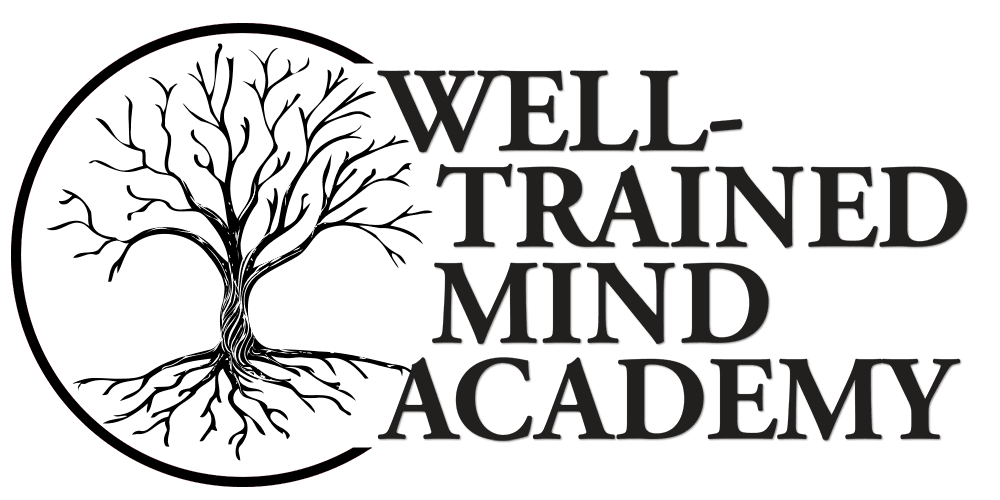Introduction to Ethics and Moral Philosophy
One-semester course. Introduction to Ethics and Moral Philosophy challenges the high school student to learn and acquire the skills necessary to think about, analyze, and discuss ethical dilemmas. This course will center around a three-fold theme of questions regarding the meaning of the word “Good.”—“What is the Good?”, “How can we know what is the Good?”, and “Can we live the Good in our lives?” The course will examine foundational texts from Plato, Aristotle, Augustine, Thomas Aquinas, and Immanuel Kant, among others, and will continue to examine contemporary ethical issues through the lens provided by these classic authors. Because this will be the first introduction for many students to these key thinkers, the passages selected will be abbreviated and students’ work will focus on learning how to read these key thinkers and consider the questions they ask.
Work in the course will consist of the following: 1) a weekly reading assignment in a key text from the philosophical tradition; 2) a set of reading questions to assist the student in comprehension of the text; 3) in-class discussion of that week’s text or passage; 4) a weekly ethical “case-study” discussion forum which will be relevant to the student’s life, where the student will be asked to articulate their position on right and wrong; 5) two extended papers (approximately three pages each) on a text discussed in class; 6) a take-home midterm test; and 7) a take home final exam.
Students are not expected to have any background in the material. The course will challenge the student to examine their own personal answers and beliefs to the questions listed above. While the course will not necessarily push a particular ethical theory, the course is not an open-ended questioning of all ethical thought. The goal of the course is to help the student understand that a “good” life is possible, and that the examination of life’s moral dilemmas requires careful discernment, as informed by the ethical tradition of Western thought.
Please note: This course is designed for high-school students. Several of these readings contain topics, scenarios, subjects, and themes that younger and/or more sensitive readers may find upsetting or unsettling. While these texts are appropriate for most mature high school students, students and parents should be aware of the complexities and intensities of these readings in advance. If you have any concerns we encourage you to review the texts before enrolling your student.
Introduction to Ethics and Moral Philosophy Information
- Example Syllabus
- Class meets once per week for 50-55 minutes.
- Class cap: 15 students.
- Designed for grades 11-12.
- High school students may be awarded .5 Social Sciences credit upon completion of this course.
- Taught by Mattias Caro
